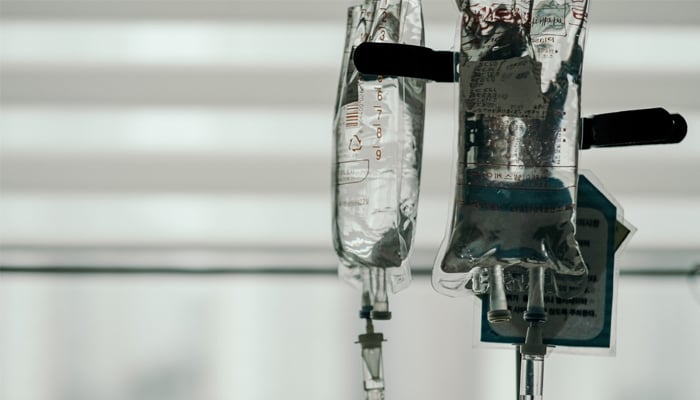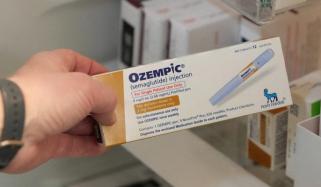
Statins are best known to reduce “bad” LDL cholesterol are Statins, but a recent study revealed that these drugs are found to be effective against another life-threatening condition, sepsis.
According to a study published in the journal Frontiers in Immunology, patients suffering from sepsis seem to have a decreased risk of dying if they are taking statins along with other antibiotics, suggested by their doctors, intravenous fluids and drugs for raised blood pressure.
Lead researcher Dr Caifeng Li, an associate professor at Tianjin Medical University General Hospital in China stated, “Treatment with statins was associated with a 39% lower death rate for critically ill patients with sepsis, when measured over 28 days after hospital admission.”
Sepsis is an emergency condition in which the immune system gives an improper and inflammatory response to an infection, affecting the vital organs that begin to shut down.
In the US, the risk of dying from septic shock is between 30% and 40%, in which blood pressure significantly decreases, which may also lead to death.
Researchers find statins effective in treating sepsis
For the study, researchers assessed medical data for 265,000 sepsis patients admitted to the ER and ICU of Beth Israel Deaconess Medical Center in Boston between 2008 and 2019.
The team compared 6,070 sepsis patients who received statins during their care against another 6,070 patients who didn’t.
The results indicated that the 28-day death rate was more than 23% for patients who weren’t treated by statins, Versus 14% of patients who received statins.
Researchers discovered that patients who got statins were expected to spend prolonged periods on a ventilator or in dialysis due to the failure of vital organs such as lungs or kidneys.
Li added, “These results strongly suggest that statins may provide a protective effect and improve clinical outcomes for patients with sepsis.”
Researchers further mentioned that this latest study cannot offer the sort of direct cause-and-effect link between statins and reduced risk of sepsis death that would come from a full-fledged clinical trial.












